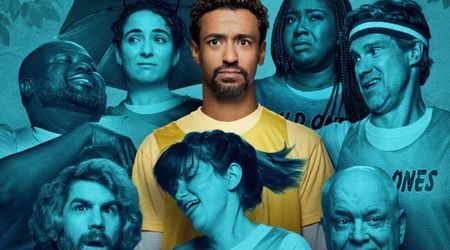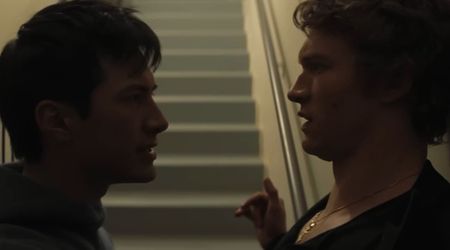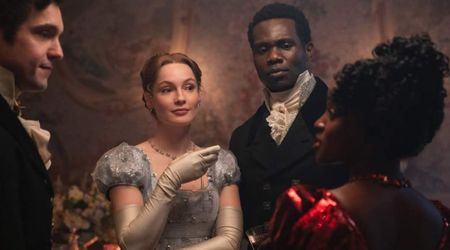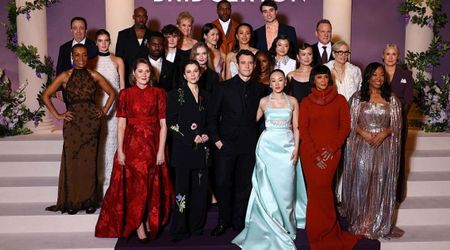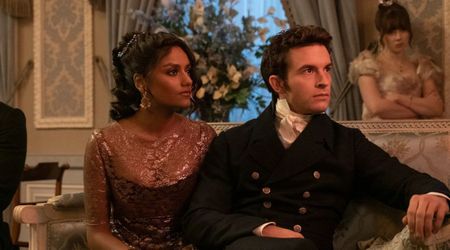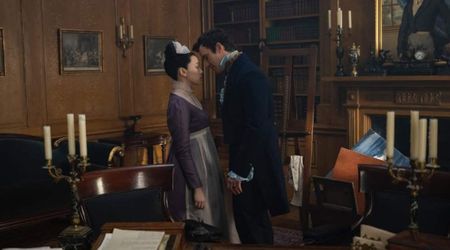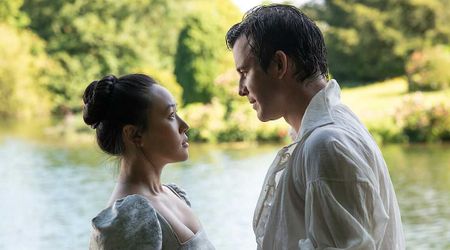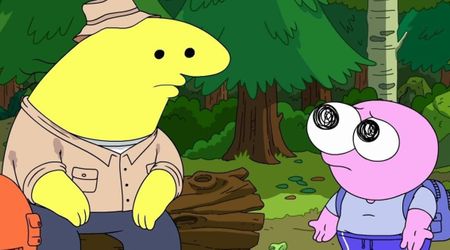The Deconstruction of Homelander: How 'The Boys' reduced all-powerful superhero to pathetic wreck

Contains spoilers and speculations for 'The Boys'
LOS ANGELES, CALIFORNIA: Prime Video's 'The Boys' is a satirical take on the traditional superhero genre, and no character embodies this more than Homelander, the leader of The Seven. With his Superman-like abilities and all-American charm, Homelander appears to be the ultimate hero.
In the realm of superhero narratives, characters often embody ideals of strength, virtue, and unyielding power, presented as nearly invincible icons.
However, Prime Video's series 'The Boys' subverts this archetype with its portrayal of Homelander, a character who undergoes a profound transformation from a revered superhero to a deeply flawed and vulnerable individual.
As the series progresses, his dark past and twisted motivations are revealed, deconstructing the very notion of a superhero.
How Homelander went from an icon to an imperfection
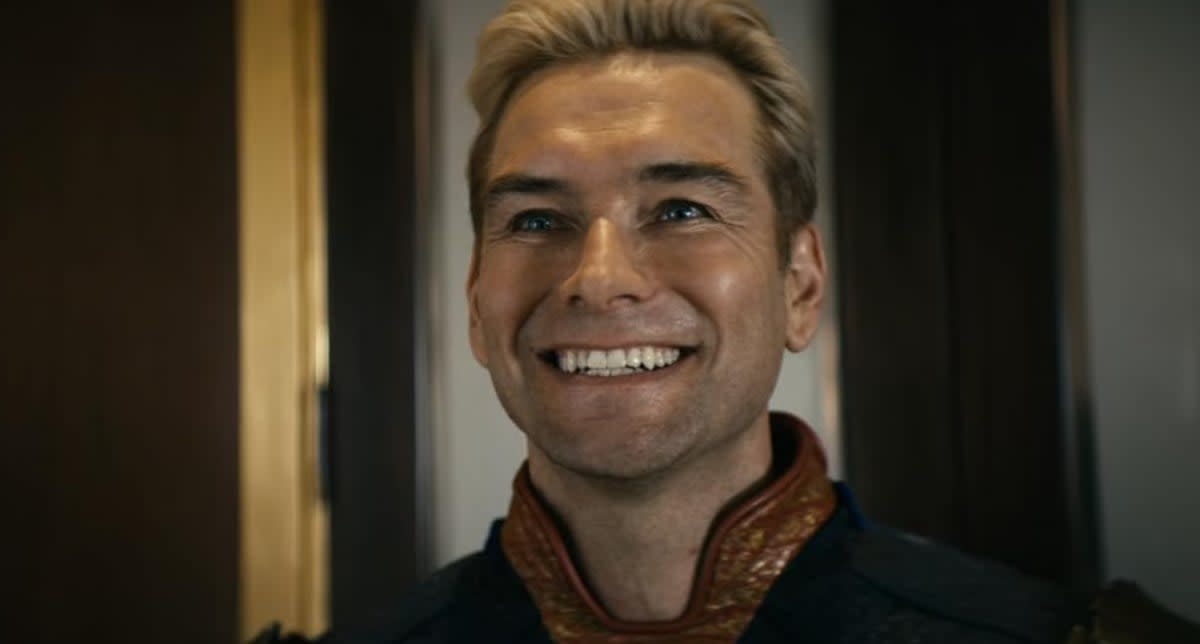
Homelander enters the series as the epitome of superhero perfection: powerful, charismatic, and adored by millions. Played with chilling intensity by Antony Starr, his character initially commands respect and admiration.
However, as 'The Boys' unfolds, it meticulously peels back the layers of his facade. Behind the facade of heroism lies a complex figure burdened by insecurities and a desperate need for validation.
As the series progresses, Homelander's vulnerabilities emerge. His actions, initially perceived as acts of heroism, are gradually exposed as manipulative and self-serving.
The show excellently employs plot twists and character revelations to challenge traditional superhero tropes, offering a subtle exploration of power dynamics and moral complexities.
Homelander shows us the dark side of power and control
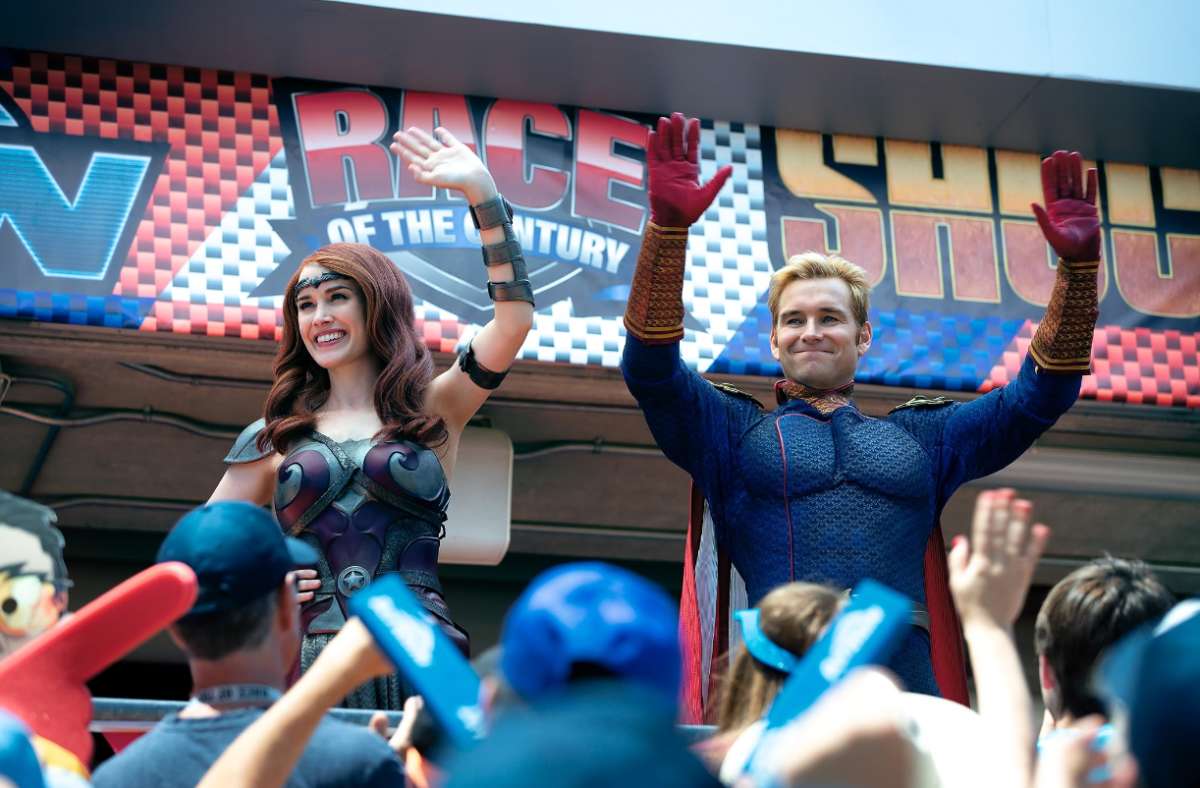
Central to Homelander's character arc is his relationship with authority and power. Unlike traditional superheroes who wield their abilities for the greater good, Homelander's misuse of power becomes increasingly prominent.
Instead of being guided by what's right, he is driven by a need to control and dominate others. This causes really bad things to happen to people around him.
'The Boys' shows this change in him very realistically. It tells us how power can make even those who are supposed to be good do bad things. Homelander's journey reminds us that even superheroes can have flaws and make big mistakes.
Through Homelander's journey, 'The Boys' also encourages us to think more deeply about superheroes and what they represent. It raises important questions about power, morality, and human nature.
The series goes beyond typical superhero stories to explore bigger ideas about identity and responsibility.
Why does Homelander struggle with insecurity and constantly seek approval?
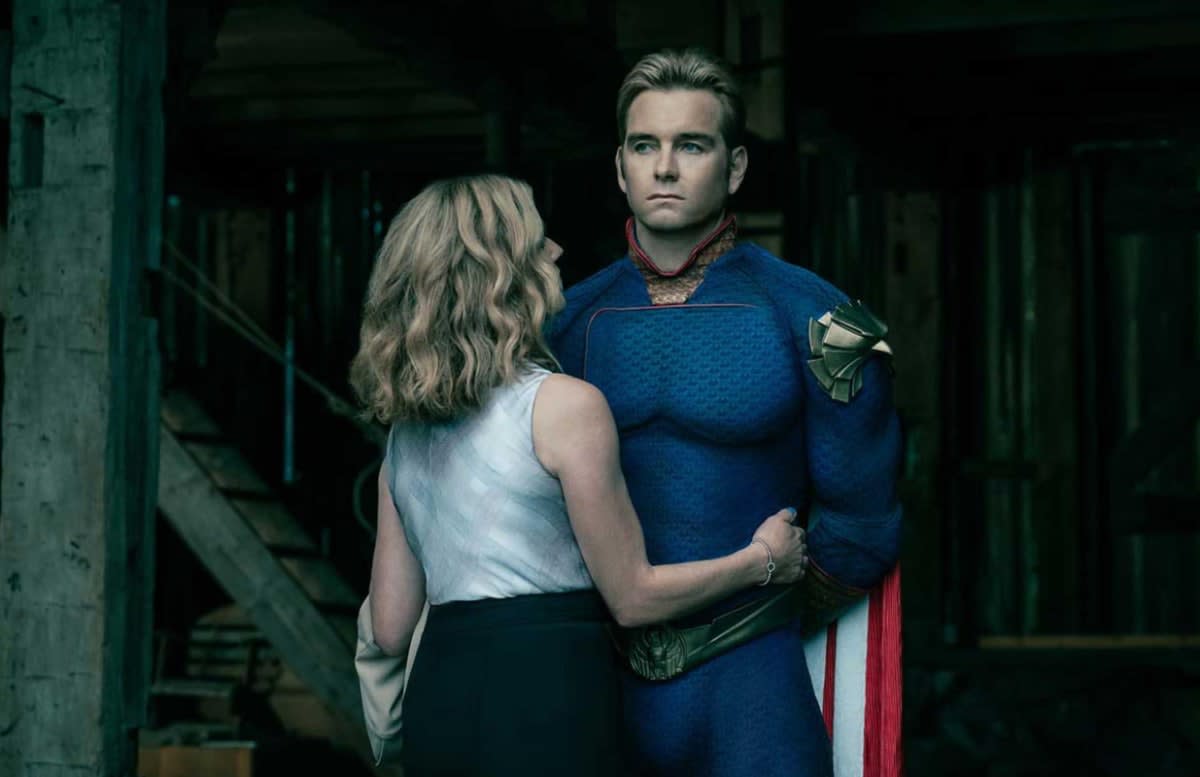
Homelander's origins are rooted in tragedy, having been raised in a lab by Vought International as a genetically modified superbeing.
Created using Compound V, a serum designed to create super soldiers, Homelander's powers result from his unique exposure to the substance.
However, his upbringing was far from nurturing, with Homelander being subjected to cruel experiments and mistreatment by the very people who created him. This traumatic childhood has left him with deep emotional scars, contributing to his sociopathic tendencies and desperate need for validation.
Homelander is a pathetic wreck in 'The Boys' Season 4
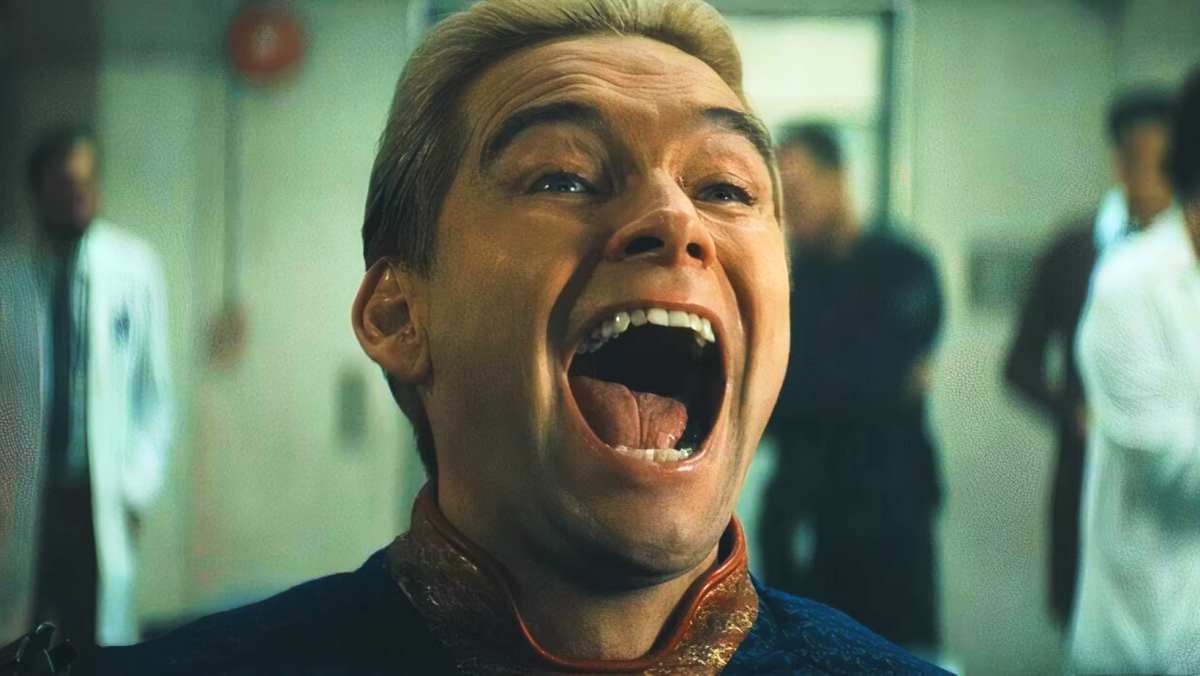
Despite his amazing abilities, Homelander is a complicated and deeply flawed character. He acts based on his troubled mind and a constant need for validation.
As the show goes on, Homelander starts to lose touch with reality.
This shows a weak and vulnerable person hiding in his superhero image. His descent into madness is both interesting and scary, making viewers wonder what heroism really means. 'The Boys' breaks down the conventional superhero notion through the character of Homelander, exposing the darker aspects that heroes conceal.
In 'The Boys' Season 4 Episode 6, Sister Sage loses her ability to speak coherently, leaving Homelander responsible for addressing the alt-right billionaires about his plan to overthrow Robert Singer. However, he struggles greatly, forcing Victoria Neuman to step in and continue for him.
This scene highlights Homelander's role as the Superman-like figure in the show but also reveals his inner vulnerability. Deep down, Homelander seems reliant on a maternal figure for guidance, resembling a child needing support.
He finds it difficult to assert himself or take charge when needed, showing fear of rejection, disapproval, and other human emotions.
This vulnerability contributes to his portrayal as a deeply flawed and troubled character in Season 4.
In the end, 'The Boys' makes us think about superhero stories in a new way through Homelander. By showing his flaws and struggles, the series asks us to rethink what makes someone a hero and how power affects people.
Homelander's transformation from a hero to a more complicated character challenges us to look deeper into the stories we enjoy.
'The Boys' Season 4 trailer
Six episodes of 'The Boys' Season 4 are available to stream on Prime Video

